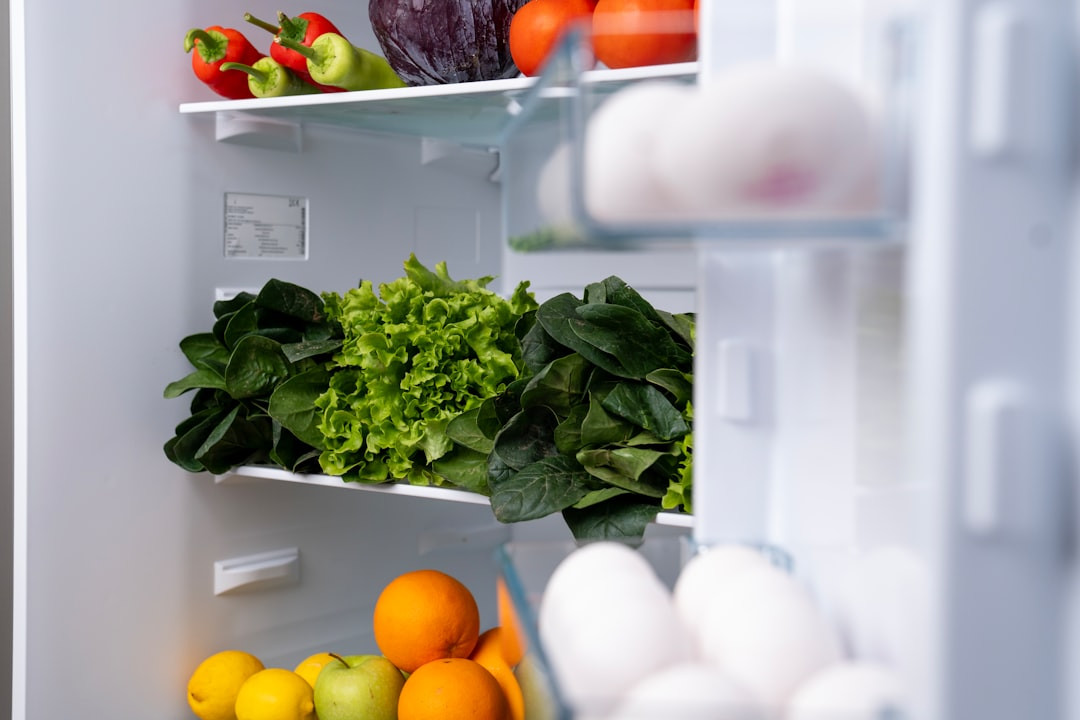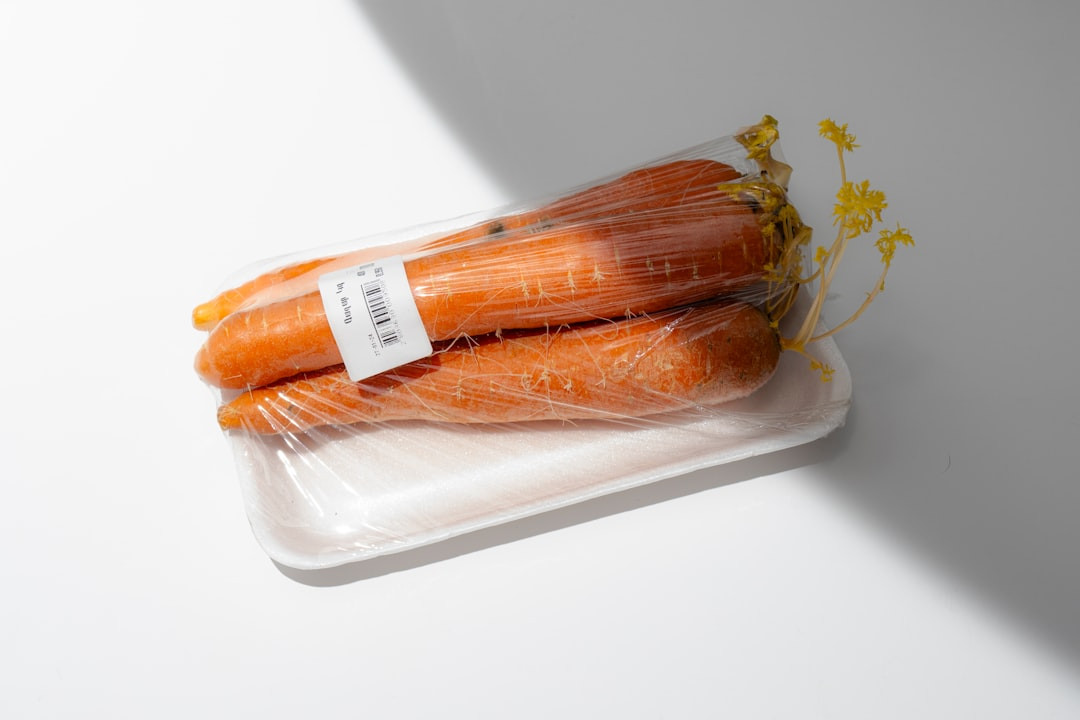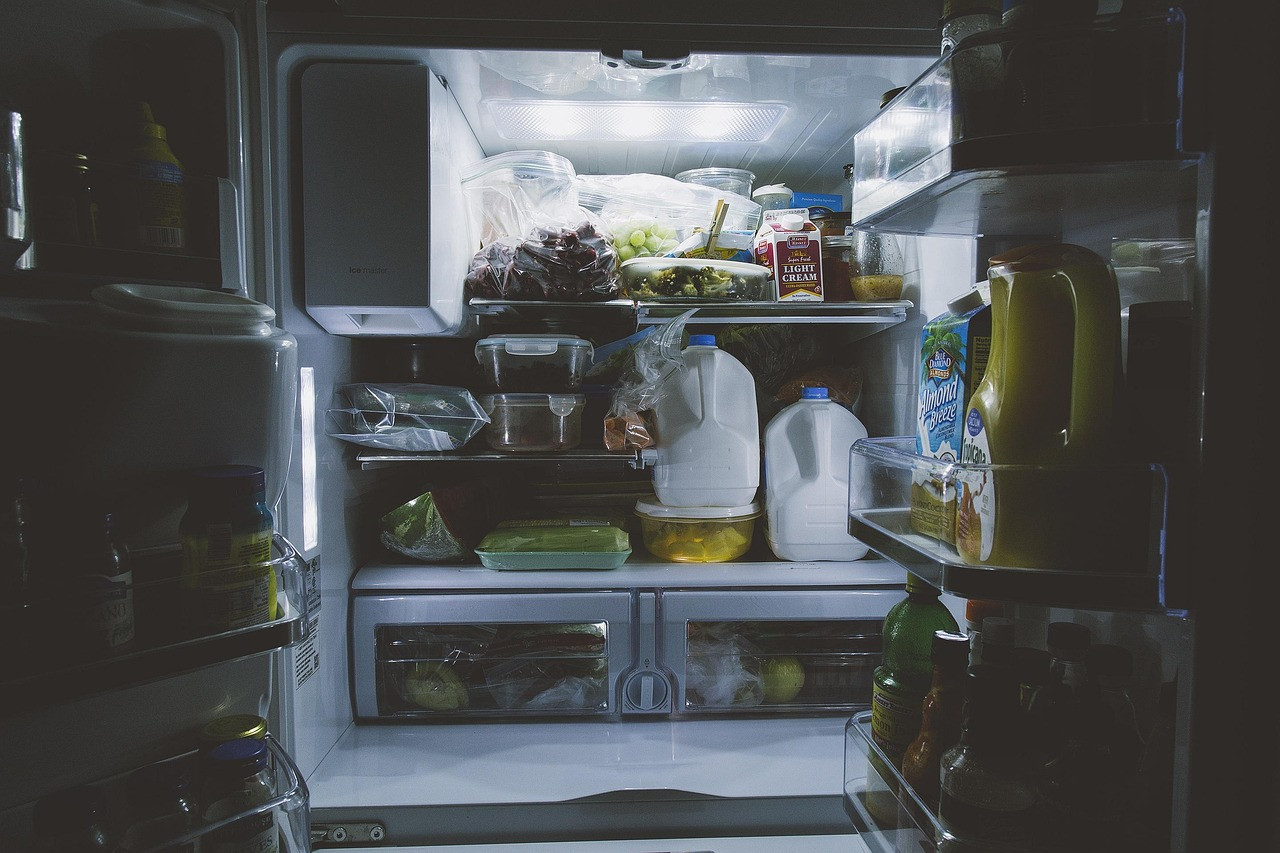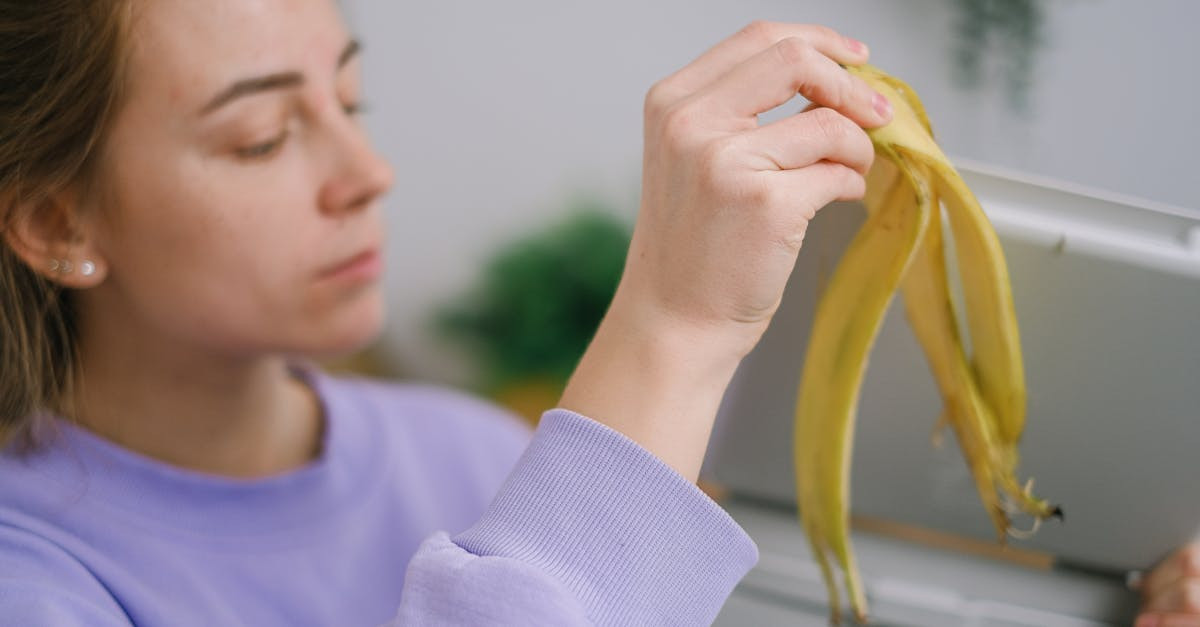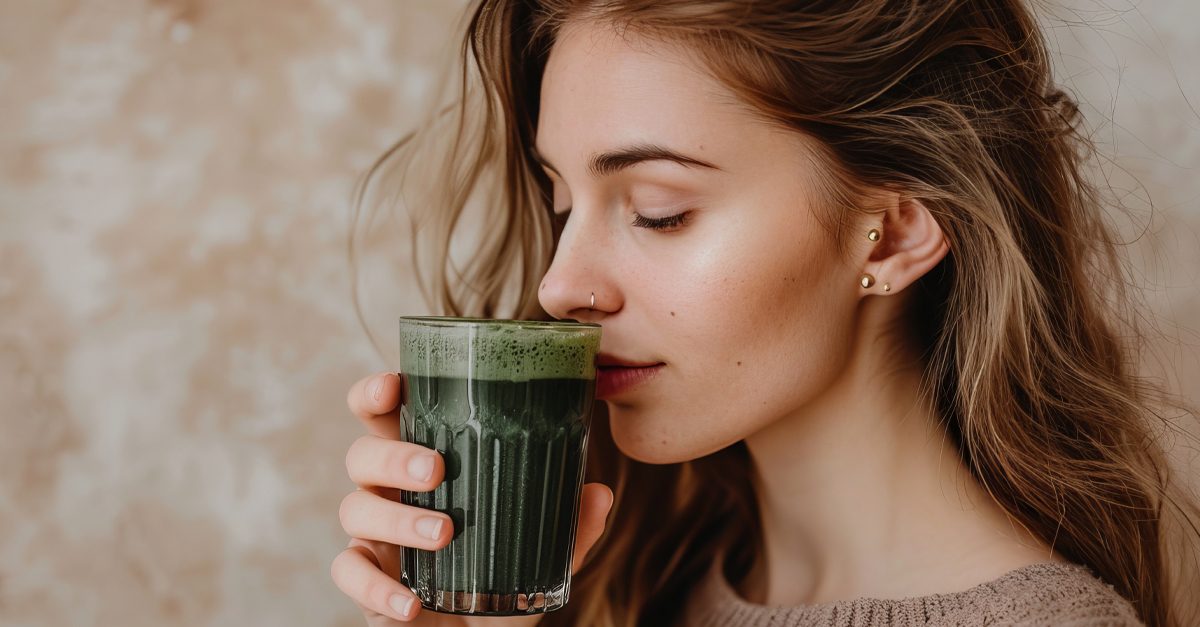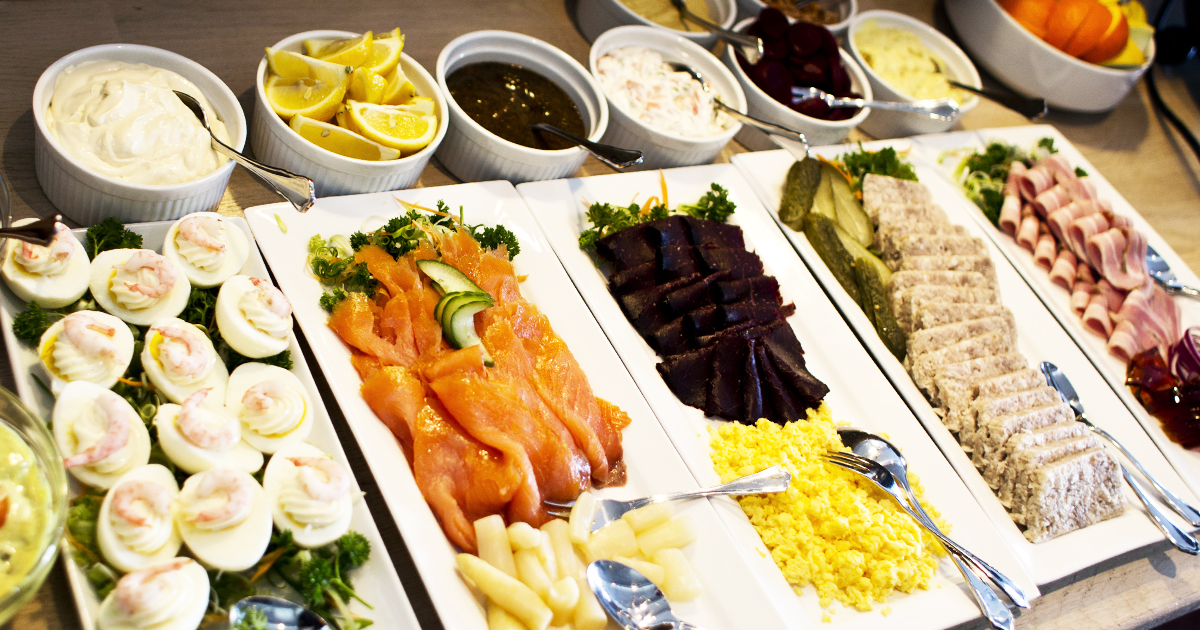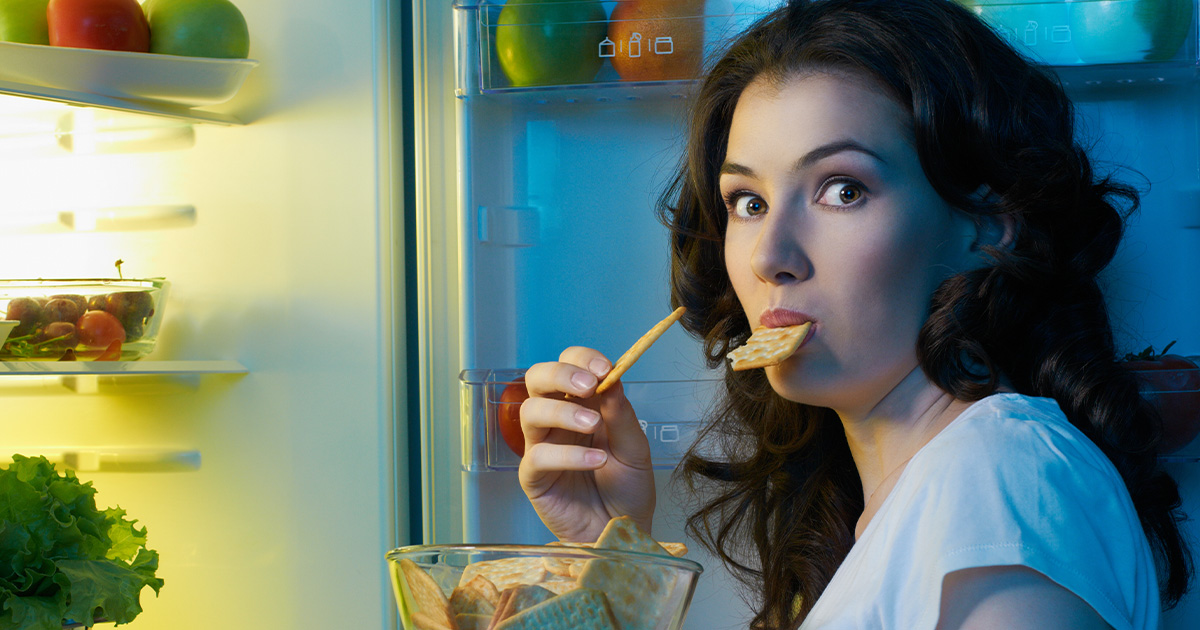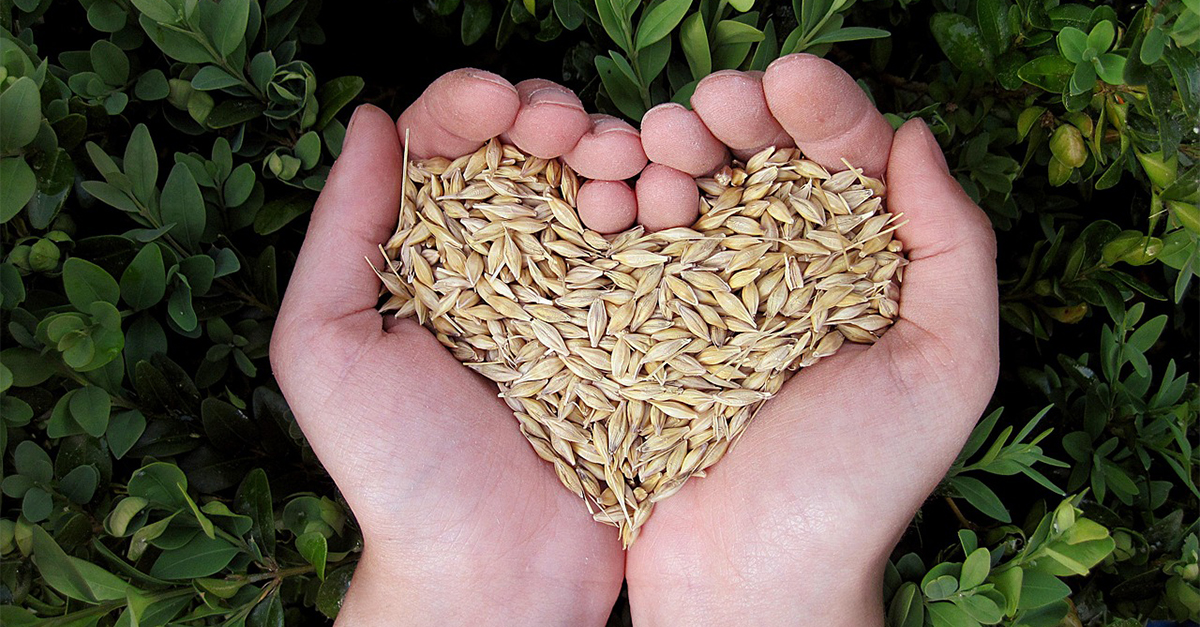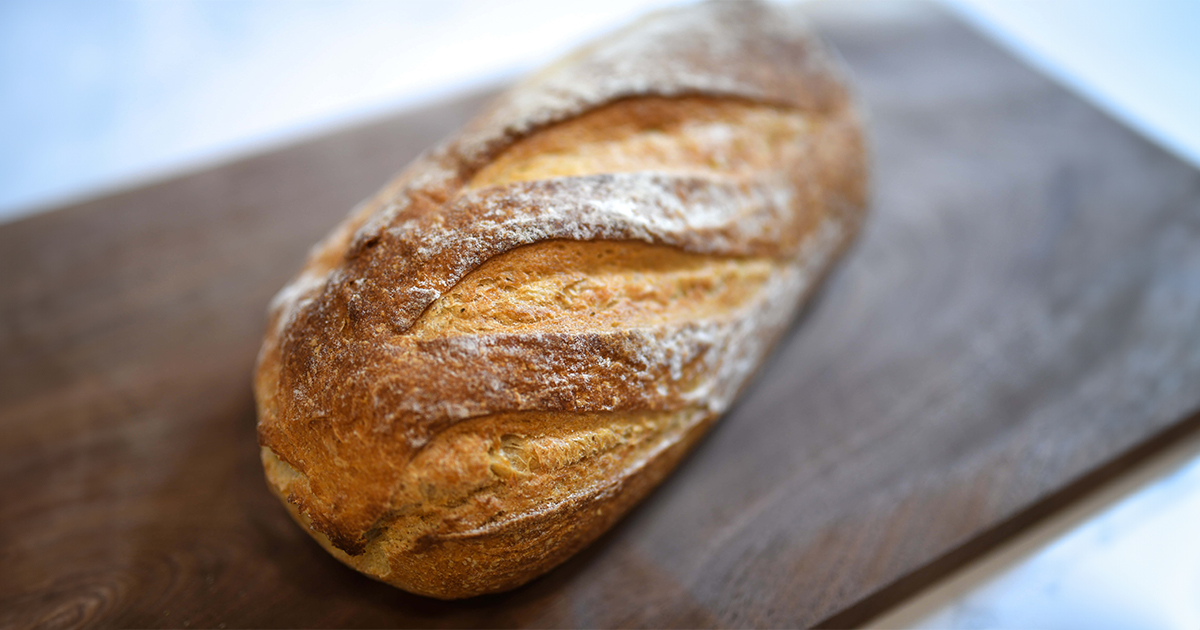Fresh vegetables are great for your health and your budget, but you’ve got to know how to store them properly to get the most of their benefits. Fortunately, with a few basic steps, you can lengthen the life of your produce and cut down on your kitchen waste, too.
Controlling Moisture
Too much moisture is one major cause of vegetables going bad. Store leafy greens like spinach, kale, and lettuce in a container or plastic bag lined with a paper towel. The towel will soak up the excess moisture that causes decay. Don’t forget to replace it every few days. This will keep the environment dry and crisp.
Know How To Use The Crisper Drawer
Your fridge’s crisper drawers aren’t just storage spaces, but actual humidity-controlled zones. One drawer should be set to high humidity for vegetables like broccoli, carrots, and leafy greens. The other should be set to low humidity for items like peppers, squash, and avocados. Using these drawers properly can extend the life of your produce.
Wash It When You Eat It
You may think it makes sense to wash everything as soon as you unpack your groceries, but this can lead to them spoiling faster. Too much moisture is what leads to mold and rot. Instead, wash vegetables only when you’re about to cook or eat them. If you do prep ahead, make sure everything’s good and dry before refrigerating.
Ethylene-Producers Are Kept Apart
Some fruits and vegetables give off ethylene gas, which speeds up ripening. This will cause any produce nearby to ripen and spoil faster as well. Apples, bananas, and tomatoes are all big ethylene producers. Keep them away from ethylene-sensitive vegetables like lettuce, broccoli, and cucumbers to keep them fresher longer.
Breathable Bags For Herbs And Greens
Fresh herbs like cilantro, parsley, and basil should be stored like flowers, with the stems in a jar of water, loosely covered with a plastic bag. For other greens, use mesh produce bags or perforated plastic bags to let air circulate while maintaining humidity.
Wrap Root Vegetables In Paper Towels
Root vegetables like carrots, radishes, and beets get slimy if they’re kept in plastic bags. Trim their leafy tops, which draw moisture from the roots, and wrap them in paper towels. Store them in a plastic or glass container in the fridge. This should help them stay crisp for weeks.
Don’t Overcrowd Your Fridge
A crowded fridge chokes off airflow, causing inconsistent temperatures. Make sure there’s space around produce so the cold air can flow freely. This keeps the environment stable in the fridge and stops spoilage. If the fridge does get crowded, you can store more robust items like squash or onions in a cool, dark pantry.
Rotate New Behind Old
When you buy new produce, make sure you put it behind older items. Use a “first in, first out” system so stuff doesn’t get buried and forgotten. A weekly fridge check, say, every Sunday, can help you plan meals around items that are getting close to their expiry date.
Try Storage Containers With Vents
Try out some containers specifically designed for produce. These often come with adjustable vents that let you control the moisture level inside, and extend the freshness. Brands like Rubbermaid FreshWorks or OXO GreenSaver are good options to check out.
Compost What You Can’t Save
Let’s face it, some food is inevitably going to go bad. Instead of throwing your rotten vegetables in the garbage, start a compost bin. You’ll reduce food waste and create nutrient-rich material for your garden. It’s great for your home and the environment in general.
You May Also Like:
35 Unbelievable Food Hacks That Will Change Your Life
20 Foods to Buy Before a Food Shortage
12 Shocking Foods People Ate To Survive The Great Depression


